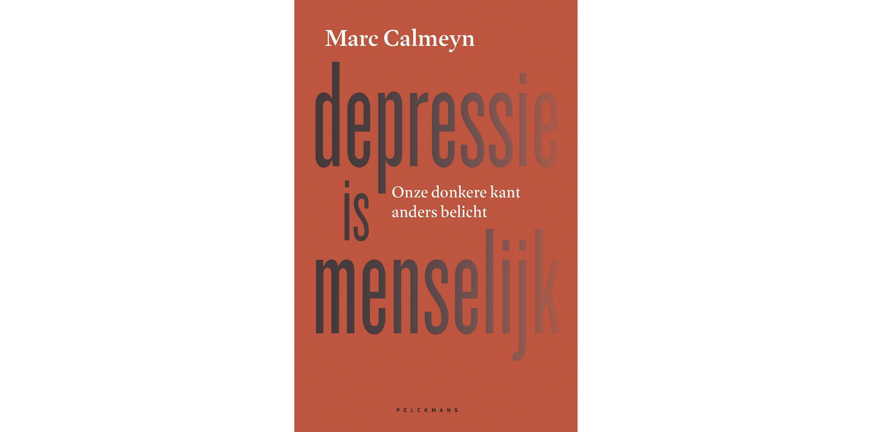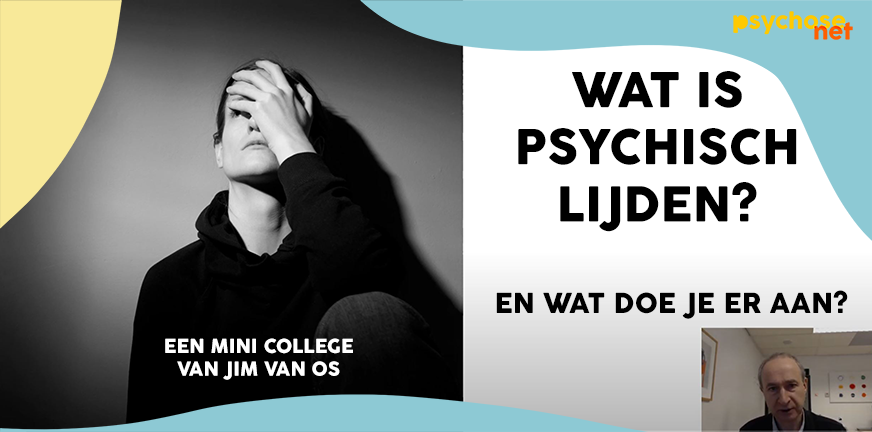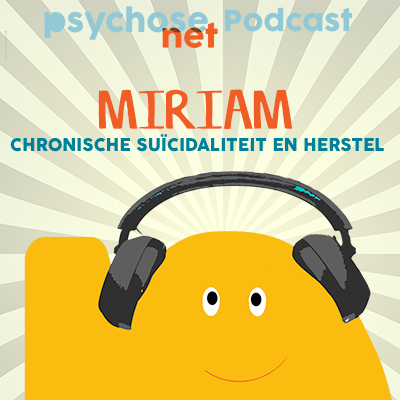Antwoord
Hey C.,
I’m sorry to hear about your ongoing struggle with chronic depression. You’ve been through a lot, and it’s evident that you’re committed to finding a path towards better mental health. It’s important to remember that you’re not alone, and it’s okay to explore various therapeutic options until you find what works best for you.
Depression is not solely a medical issue; it’s a complex condition that can involve emotional, existential, and spiritual aspects. Sometimes, these dimensions are overlooked in conventional medical treatment. Exploring these aspects could provide new ways to understand and cope with your suffering.
For example, mindfulness-based interventions can be beneficial. These practices encourage you to cultivate a different relationship with your thoughts, feelings, and sensations. They can help you detach from negative, invasive thoughts and promote a sense of calm and acceptance.
Psychedelic therapies, which have gained increased attention and acceptance in recent years, could also be considered. Substances like psilocybin (from magic mushrooms) or MDMA, under the supervision of trained professionals, have shown promise for individuals struggling with treatment-resistant depression. This isn’t a suitable option for everyone, but it’s something to discuss with a healthcare provider.
Depression can also be intertwined with fundamental questions of meaning, finitude, freedom, and other existential themes. These are big, complex topics that might be addressed effectively in talk therapy, perhaps with a therapist who has a focus on existential or humanistic approaches.
Regarding medication, sometimes taking a ‘drug holiday’ can be an option. Some people find that it helps them to get a clearer sense of their baseline mood, which can then inform future treatment decisions. This should only be done under the close supervision of a healthcare provider, however.
How you relate to your suffering is indeed a pivotal point. It’s about how overpowering and demanding your mental pain is, what meaning you attach to it, how lonely it makes you feel, how it interferes with your future. You can initiate change in this relationship first by articulating it, then by working to empower yourself in how you relate to your suffering. Acceptance and Commitment Therapy (ACT) can be a helpful tool in this process.
Experiential and body-oriented approaches can be especially important if there’s any unresolved childhood trauma. Traumatic experiences can leave lasting imprints on both the mind and body, and modalities like psychomotor therapy or somatic experiencing can help to address these.
Finally, peer support from those with lived experience can be invaluable. It’s often empowering to hear from others who’ve walked similar paths and have found ways to cope and thrive. Initiatives like Wellness Recovery Action Plan (WRAP) provide structured frameworks for managing mental health, guided by those with firsthand knowledge.
Your psychiatrist may have their reasons for hesitating to recommend Electroconvulsive Therapy (ECT). It’s worth having a detailed discussion about it if you feel it’s a potential route for you.
Remember, everyone’s journey is unique. There is no one-size-fits-all treatment, and it’s okay to try different things to find what gives you relief. You’ve already shown tremendous courage and resilience by continuing to seek help, and I encourage you to keep going. Be patient with yourself during this process.
Greetz Jim
Deze vraag is gesteld door een vrouw in de leeftijdscategorie 35-50
Beantwoord door: Jim van Os op 22 juni 2023



